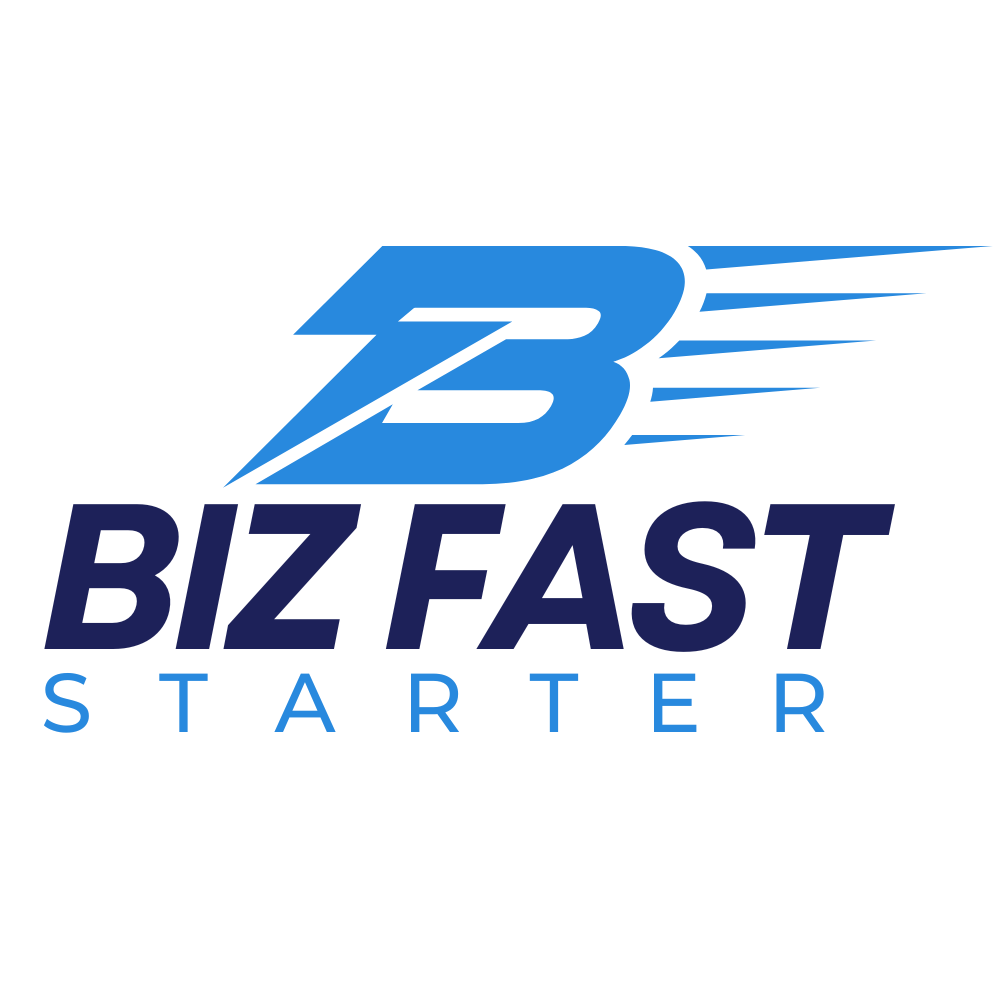In 2024, small business owners continue to face both opportunities and challenges in a dynamic economic landscape. Access to capital remains a crucial factor for growth, innovation, and sustainability. To navigate this financial terrain, choosing the right small business loan is essential. Here, we explore some of the best small business loan options available in 2024, each catering to different needs and circumstances.

1. SBA 7(a) Loans
The Small Business Administration (SBA) 7(a) loan program is often considered the gold standard for small business financing. These loans are ideal for businesses looking for long-term financing to cover various needs such as working capital, equipment purchases, and real estate.
Key Features:
- Loan amounts up to $5 million
- Competitive interest rates (Prime + 2.25% to 4.75%)
- Flexible repayment terms up to 25 years for real estate
- Partial government guarantee reduces lender risk
Pros:
- Favorable terms and rates
- Can be used for a wide range of business purposes
- Support and resources from the SBA
Cons:
- Lengthy and detailed application process
- Strict eligibility criteria

2. Business Line of Credit
A business line of credit offers flexibility and immediate access to funds, making it an excellent choice for businesses that need to manage cash flow fluctuations or cover unexpected expenses.
Key Features:
- Credit limits typically ranging from $10,000 to $500,000
- Interest rates from 7% to 25%
- Draw funds as needed and only pay interest on the drawn amount
Pros:
- Flexibility to use funds as needed
- Pay interest only on the amount used
- Revolving credit allows for continuous access
Cons:
- Higher interest rates compared to term loans
- Requires good credit history for favorable terms
3. Term Loans
Term loans provide a lump sum of capital with a fixed repayment schedule. These loans are suitable for businesses planning significant investments or expansions.
Key Features:
- Loan amounts up to $2 million
- Fixed interest rates typically ranging from 6% to 30%
- Repayment terms from one to five years
Pros:
- Predictable repayment structure
- Lower interest rates for qualified borrowers
- Can fund large projects or purchases
Cons:
- Monthly payments can be a strain on cash flow
- Qualification can be challenging for newer businesses

4. Equipment Financing
Equipment financing is designed specifically for purchasing business-related equipment. The equipment itself serves as collateral, often resulting in more favorable terms.
Key Features:
- Financing amounts up to 100% of the equipment value
- Interest rates from 4% to 20%
- Repayment terms typically match the useful life of the equipment
Pros:
- Easier approval since the equipment serves as collateral
- Preserves working capital for other needs
- Can get tax benefits through depreciation
Cons:
- Only covers equipment purchases
- You can lose the equipment if you default on the loan
5. Invoice Financing
Invoice financing allows businesses to borrow against their outstanding invoices. This option is ideal for businesses experiencing cash flow issues due to slow-paying customers.
Key Features:
- Financing amounts up to 100% of the invoice value
- Interest rates from 1% to 5% of the invoice value
- Advances typically made within 24 hours
Pros:
- Quick access to cash
- Based on receivables, not credit history
- Scales with business growth
Cons:
- Can be expensive compared to traditional loans
- Short-term solution, not ideal for long-term financing

6. Merchant Cash Advances
A merchant cash advance (MCA) provides an upfront sum of cash in exchange for a percentage of future credit card sales. This can be a quick financing option but often comes with high costs.
Key Features:
- Advances typically range from $5,000 to $500,000
- Factor rates from 1.1 to 1.5
- Repayment through a percentage of daily credit card sales
Pros:
- Fast approval and funding
- Repayment tied to sales, easing cash flow management
- Suitable for businesses with high credit card sales
Cons:
- Very high costs compared to other financing options
- Can lead to cash flow problems if sales decline

Choosing the Right Loan
Selecting the best small business loan involves evaluating several factors:
- Purpose of the loan: Determine whether you need funds for working capital, equipment, expansion, or another specific purpose.
- Loan amount and terms: Consider how much you need and the repayment period.
- Interest rates and fees: Compare the cost of borrowing across different options.
- Eligibility criteria: Assess your business’s qualifications, including credit score and financial history.
In 2024, small business owners have a variety of financing options to choose from, each with its unique benefits and drawbacks. By understanding your specific needs and thoroughly researching available loans, you can find the best financial solution to support your business’s growth and success.


